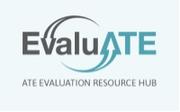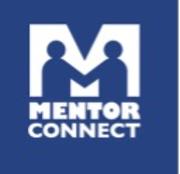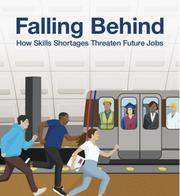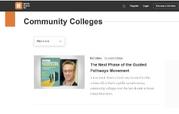Managing and Updating Your Website
A website often serves as the first point of contact for your audience, making it a powerful tool for representing your project or center. Having one that is informative, thoughtfully designed, and regularly updated helps effectively showcase your innovative work and accomplishments. Because website maintenance can easily be overlooked amid competing priorities, the following strategies are designed to help you streamline updates, preserve accuracy, and ensure your digital presence remains current and engaging.
Prioritize Core Content and Timely Updates
Consistently refreshing your site's content is one of the most effective ways to keep it dynamic and relevant.
- Review Essential Information: Confirm that staff profiles, "About" sections, and project descriptions accurately reflect your current team, collaborators, and initiatives.
- Highlight Achievements: Prominently feature recent accomplishments - such as publications, awards, key findings, or major milestones - on your homepage or other high-traffic sections.
- Enhance Engagement: Incorporate a blog or news section to share timely updates, reflections, and stories that encourage repeat visits.
- Implement a Maintenance Schedule: Develop a standardized review process with recurring check-ins to integrate site content updates into your regular workflow.
Maintain Technical Quality
A technically sound website reinforces visitor trust, boosts usability, and improves visibility across search engines.
- Check for Broken Links: Conduct periodic audits, ideally annually, to identify and repair broken internal or external links. Tools such as Google Analytics can help automate this process.
- Test Across Devices: Ensure your site displays and functions optimally across desktop, tablet, and mobile devices to provide a seamless user experience.
Ensure Quality Control and Efficiency
Regular testing and evaluation help maintain a professional, error-free website while optimizing efficiency.
- Preview Before Implementation: Review all changes prior to publication to identify formatting issues, broken links, or layout inconsistencies.
- Leverage Testing Tools: Use built-in preview functions to test new content, layouts, or features before full deployment.
Ready to Get Started?
ATE grantees can easily and quickly establish a professional online presence through ATE Central's Microsite Service, a free resource that enables you to create a customized mini site for your project or center. Use this microsite to highlight key accomplishments, share events and publications, and strengthen connections within and beyond the ATE community.








